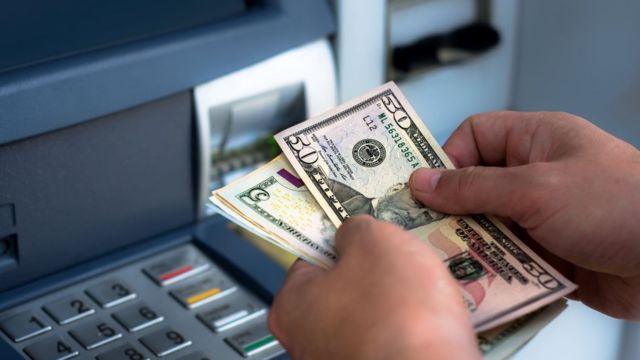
The U.S. Federal Reserve raised its benchmark interest rate by 0.25% on December 11th, 2023, marking the 11th consecutive hike and pushing the rate to its highest level in 16 years. This aggressive tightening of monetary policy reflects the Fed’s unwavering commitment to combatting inflation, which has been hovering near 40-year highs.
Impact of Rising Rates: A Double-Edged Sword
While higher interest rates are expected to slow inflation by making borrowing more expensive and discouraging spending, they also carry significant risks. The higher cost of borrowing could deter businesses from investing and consumers from making major purchases, potentially triggering an economic slowdown.
The housing market is already feeling the sting of rising rates, with mortgage rates rising to 23-year highs. This could lead to a decline in home sales and prices, further dampening economic activity.
Fed Signals Possible Pause on Rate Hikes
Despite the risks, the Fed remains resolute in its fight against inflation. However, Chair Jerome Powell acknowledged the potential for economic slowdown and hinted at a possible pause in rate hikes in the near future. He stated that the Fed would “carefully assess the incoming data and the evolving outlook” before making further decisions.
Uncertain Future: Navigating a Tightrope
The Fed’s balancing act of controlling inflation while avoiding recession is a delicate one. The path forward is unclear, and the future of the U.S. economy remains uncertain.
Economists are divided on the outlook. Some believe the Fed can achieve a “soft landing,” where inflation is brought under control without a significant economic downturn. Others are more pessimistic, warning that the Fed’s aggressive rate hikes could trigger a recession.
Focus on the Future: Planning for Potential Scenarios
Businesses and consumers should remain cautious in their decision-making given the uncertain economic climate. It is prudent to develop contingency plans for both a continued economic slowdown and a potential recession.
The government also plays a crucial role in supporting the economy during challenging times. Fiscal policy measures aimed at stimulating economic activity and providing assistance to vulnerable populations may be necessary depending on how the situation unfolds.
The U.S. economy stands at a crossroads. The Fed’s decisions in the coming months will have a significant impact on the nation’s future. Only time will tell if the central bank can successfully nav




